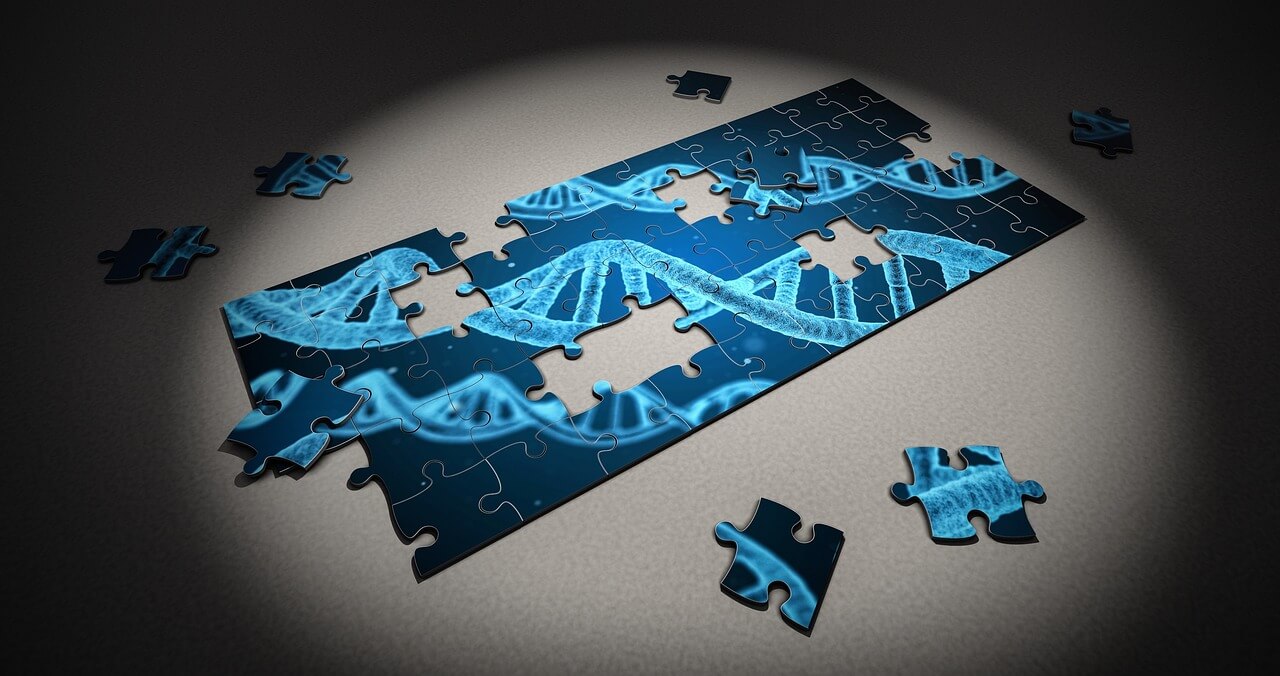EXETER, United Kingdom — No one is born a genius, but certain genes can certainly shape your learning ability. Unfortunately, a new study finds other genes can also negatively impact our ability to learn and remember. Neuroscientists have uncovered a gene that directly impacts learning and memory. This gene, KDM5B, has also been linked to intellectual disorders and autism.
“Memory and the ability to learn are fundamental to our intellectual potential, yet we still have a lot to learn about the underpinning mechanisms. For more than a decade, the KDM5B gene has been linked to autism and some forms of intellectual disability, but a mutation in this gene alone is not always sufficient to cause these conditions, so it hasn’t been studied in detail,” says Albert Basson, a professor at the University of Exeter in the United Kingdom, in a media release.
According to the study published in the Journal of Neuroscience, people possessing variations of the KDM5B gene have reduced brain function. However, this does not guarantee that a person will experience behavioral symptoms or an intellectual disability. The team’s work involving mice shows what happens when someone has a KDM5B gene variation: a reduced ability of the brain to strengthen connections between neurons. This is a key action contributing to the formation of new memories.

The study involved mice bred without a fully functional KDM5B gene. All the mice exhibited signs of reduced learning and memory abilities. To eliminate the possibility of the gene affecting brain development rather than just learning and memory skills, the researchers also reduced KDM5B gene expression in the hippocampus of adult mice — a brain area crucial for learning and memory.
The reduced gene function caused epileptic seizures in some mice. Additionally, the mice’s learning and memory abilities worsened significantly. Laboratory experiments on this group of mice pointed to a reduced ability of the mouse brain to strengthen connections between neurons during memory formation.
“Our work shows that KDM5B is important for learning and memory and provides new insight into the fundamental mechanisms of memory and learning, which is crucial on the pathway to finding new ways to improve these functions,” says Basson.
More specifically, the KDM5B gene changed the structure of genetic material in cells, making it more difficult for neurons to figure out which genes to express for brain development or function. With this knowledge in hand, study authors are hopeful it may assist researchers who are still working on treatments for autism and possible cures for intellectual disorders.
“We’ve discovered that the gene has a direct impact on learning and memory—which is distinct from any effect during brain development,” concludes Leticia Peres-Sisquez, a study co-author and researcher at King’s College London. “This gene will now be of much greater interest to researchers on the quest for new treatments for conditions including autism and other intellectual disability disorders.”
